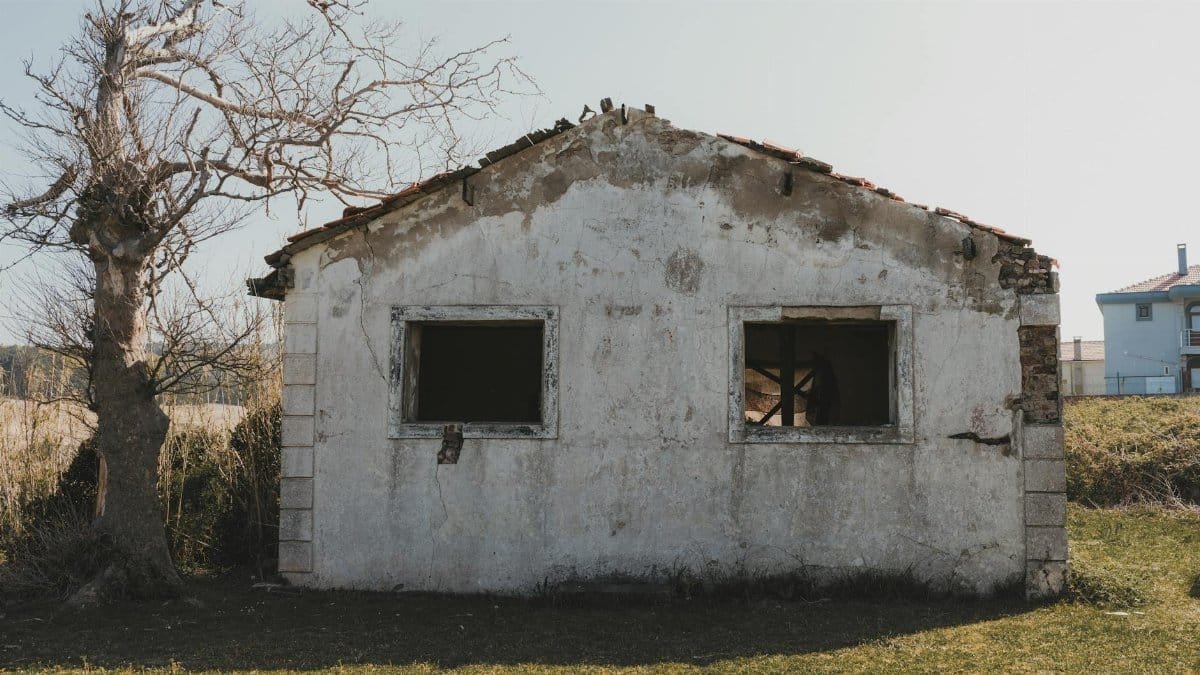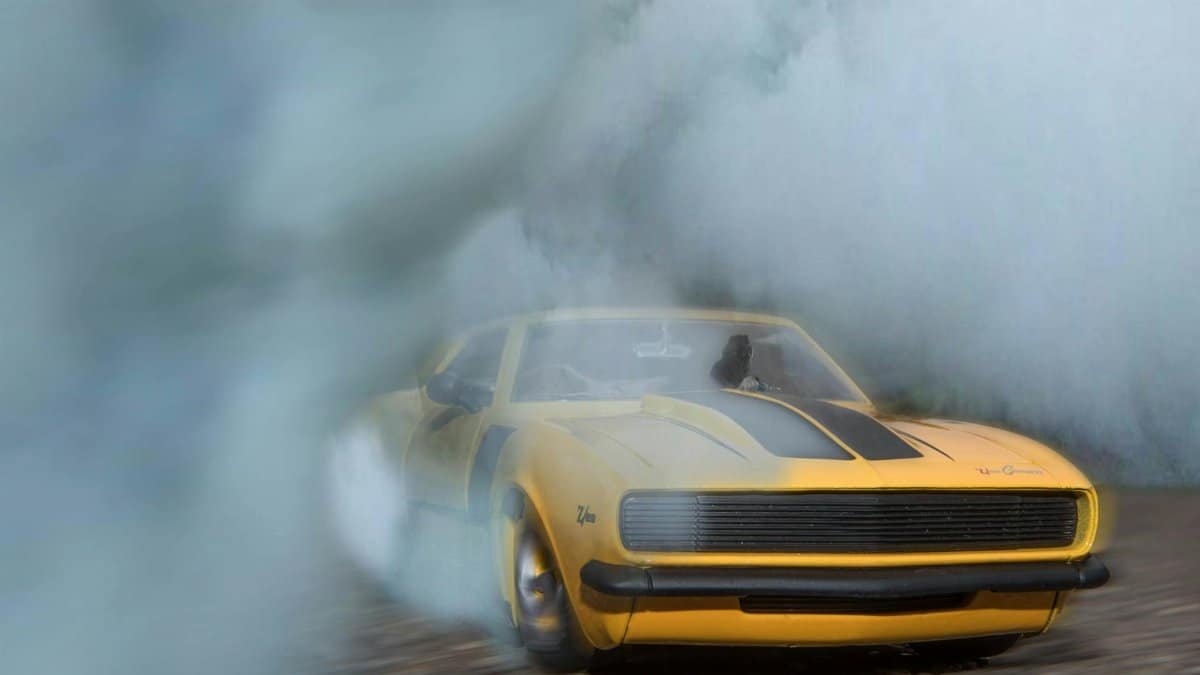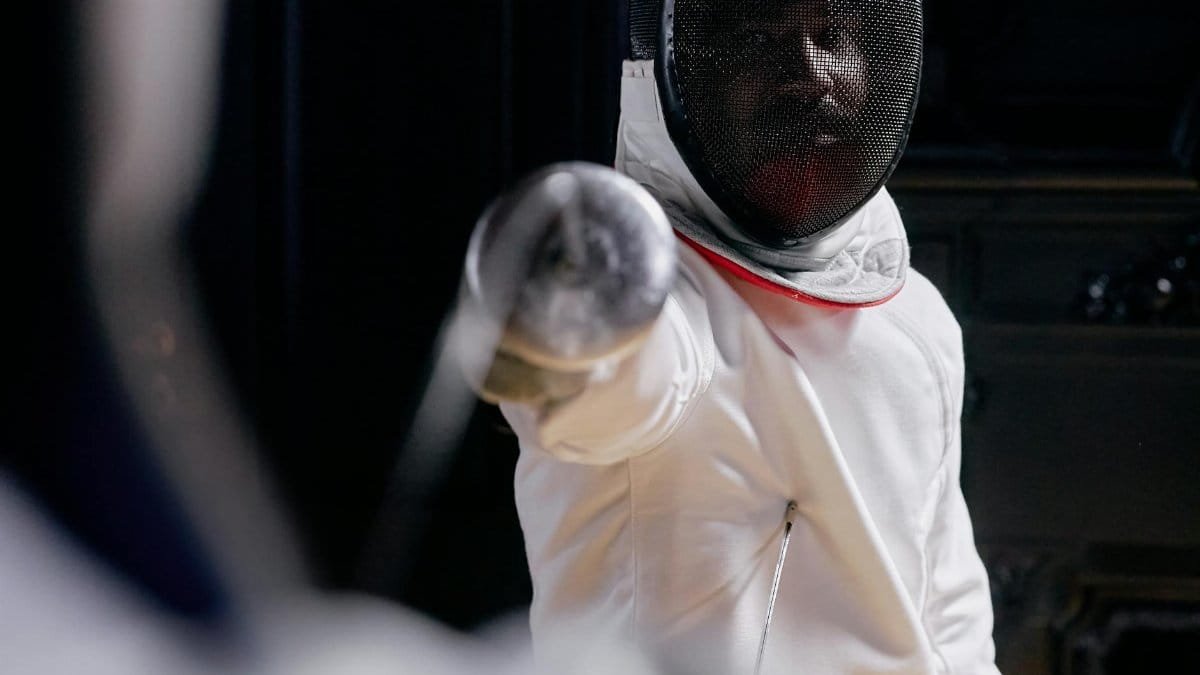Is the cult of science faith warning just a conspiracy theory, or is there something to it? A growing chorus of critics argues that modern science has morphed into a quasi-religion, demanding blind trust from the public while shunning dissent. They point to how scientific consensus is often presented as unchallengeable gospel, even when history shows science can be wrong. This debate isn’t just academic—it’s shaping how Americans view authority, policy, and truth itself in 2025.
What Is the Cult of Science?

Critics define the cult of science as an overreliance on scientific authority, where questioning established narratives is taboo. They argue it’s less about evidence and more about faith in institutions. Think of mask mandates or climate models—disagreement, even by experts, often gets labeled as heresy. This framing worries skeptics who see echoes of religious dogma in the way science is wielded today.
Trust in Institutions Is Crumbling

A 2025 Pew Research study shows trust in scientific institutions has dropped sharply, with only 39% of Americans expressing strong confidence in scientists to act in the public’s best interest. That’s down from 48% just five years ago. Many cite perceived arrogance or politicization as reasons. When science feels like a sermon, people tune out—or push back.
Science as a New Religion?

Some scholars argue science fills a spiritual void in secular America. Sociologist John Evans from UC San Diego notes, “People treat scientific claims as moral truths, not testable theories.” Rituals like citing peer-reviewed studies mirror religious appeals to scripture. The cult of science faith warning highlights this shift: when faith trumps skepticism, are we still doing science?
Case Study: COVID-19 Fallout

The pandemic became a flashpoint for this debate. Early on, questioning official guidance—on masks, lockdowns, or vaccines—was often met with scorn, even when data later shifted. A nurse from Ohio, speaking anonymously, told reporters, “I was called anti-science for asking about contradictory studies. It felt like excommunication.” Such stories fuel the argument that dissent is silenced under the guise of protecting “the science.”
Policy and Power Dynamics

Critics warn that the cult of science empowers unelected experts to shape policy with little accountability. Climate initiatives or public health mandates often lean on scientific consensus, but who decides what’s consensus? A 2025 report from the National Academies of Sciences admits gaps in communicating uncertainty, which can make science seem more infallible than it is.
The Danger of Blind Faith

History offers cautionary tales. From eugenics to the Tuskegee experiment, science has been wrong—sometimes catastrophically. The cult of science faith warning isn’t about rejecting science but about rejecting dogma. As Harvard historian Naomi Oreskes writes in a Scientific American piece, “Science thrives on doubt, not devotion.” Blind trust risks stifling progress.
Can We Strike a Balance?

Experts on both sides agree: science needs scrutiny to stay credible. Encouraging public debate, even on settled topics, could rebuild trust. A 2025 survey by the National Science Foundation found 62% of Americans want more transparency in how scientific conclusions are reached. Maybe the real warning is simple—question everything, even science.
